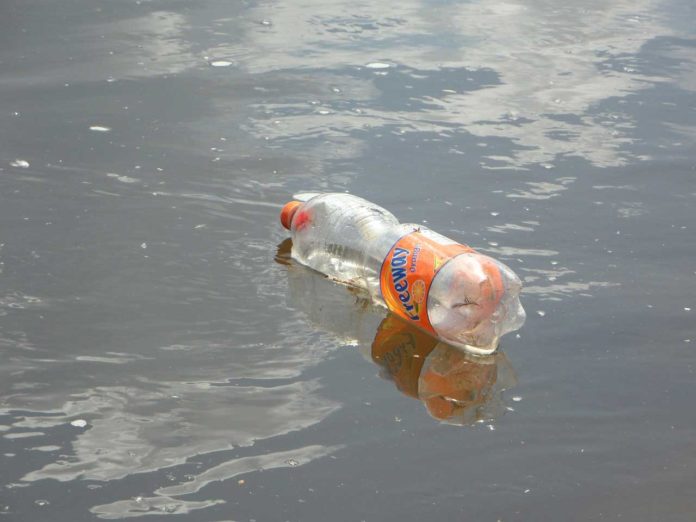Almost 8 million plastics flow into the oceans each year. Plastic waste disposal, whether recycled or thrown away, does not mean the end of the story. These plastics degrade slowly and release toxic microplastics and chemicals into the land and the water. This is a catastrophe because once these pollutants are in the oceans, they are impossible to retrieve completely.
Now, scientists at Purdue University have developed a new chemical conversion process that could transform the world’s polyolefin waste, a form of plastic, into useful products, such as clean fuels and other items.
Linda Wang, the Maxine Spencer Nichols Professor in the Davidson School of Chemical Engineering at Purdue University said, “Our strategy is to create a driving force for recycling by converting polyolefin waste into a wide range of valuable products, including polymers, naphtha (a mixture of hydrocarbons), or clean fuels. Our conversion technology has the potential to boost the profits of the recycling industry and shrink the world’s plastic waste stock.”
The method can convert more than 90 percent of polyolefin waste into many different products, including pure polymers, naphtha, fuels, or monomers.
The conversion process incorporates selective extraction and hydrothermal liquefaction. Once the plastic is converted into naphtha, it can be used as a feedstock for other chemicals or further separated into specialty solvents or other products. The clean fuels derived from the polyolefin waste generated each year can satisfy 4 percent of the annual demand for gasoline or diesel fuels.
Wang said, “The technology will stimulate the recycling industry to reduce the rapidly rising amount of plastic waste. She and her team are looking for investors or partners to assist with demonstrating this technology at a commercial scale.”
